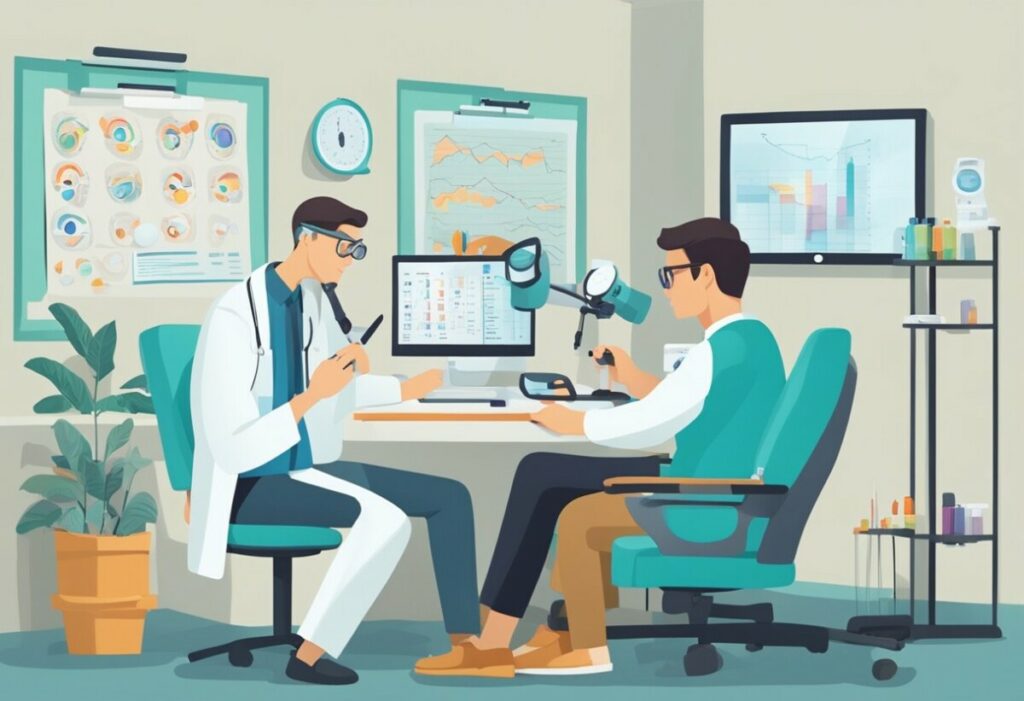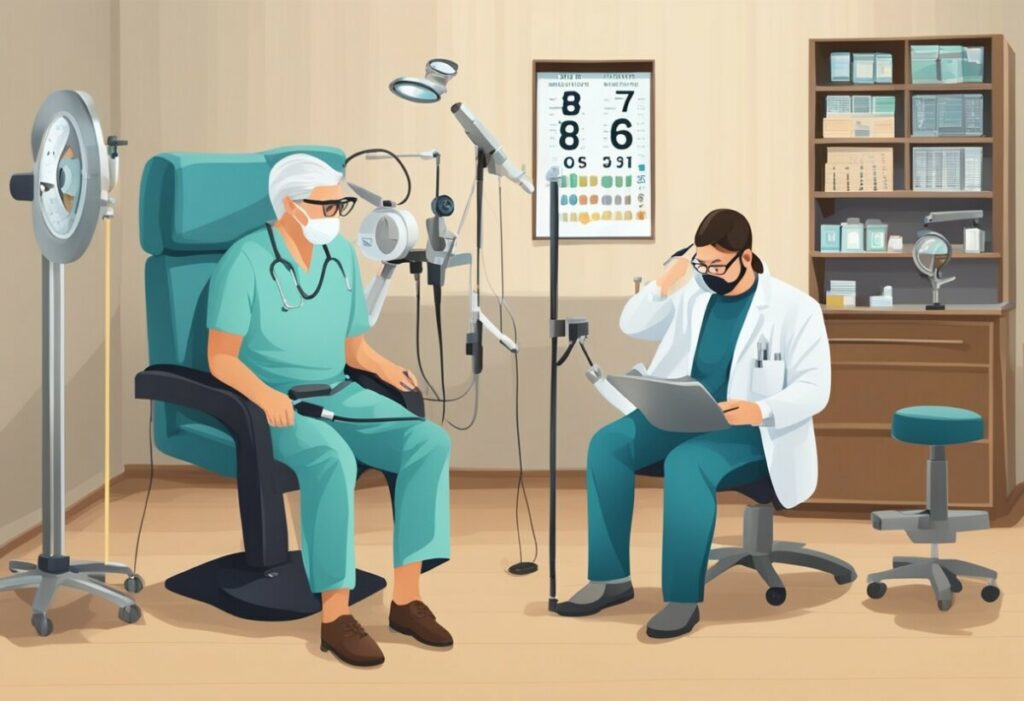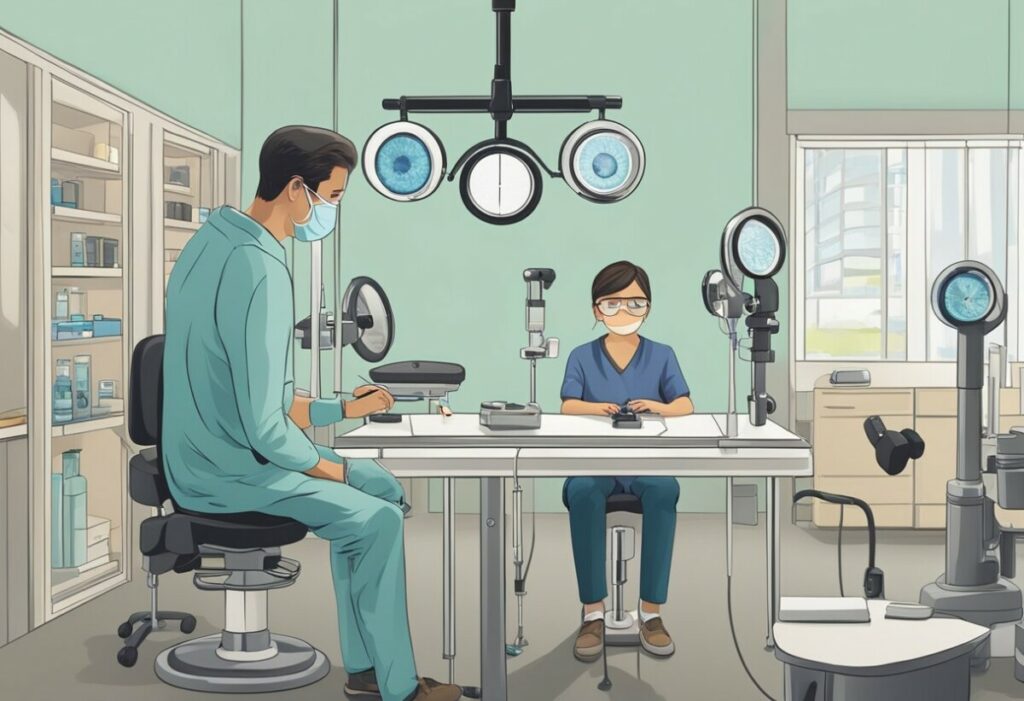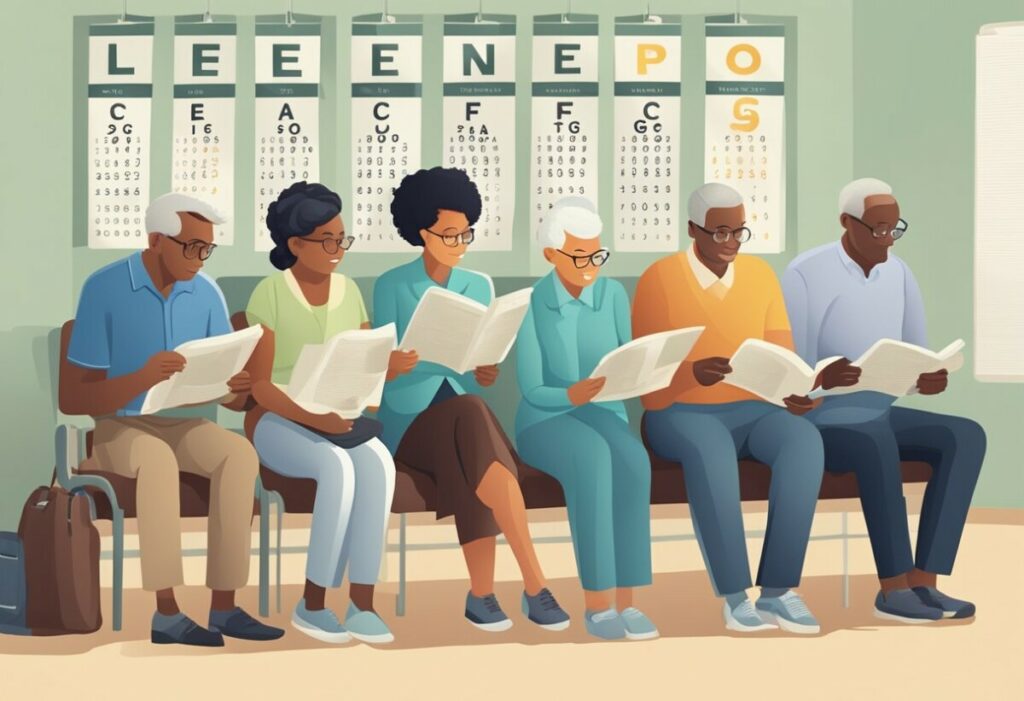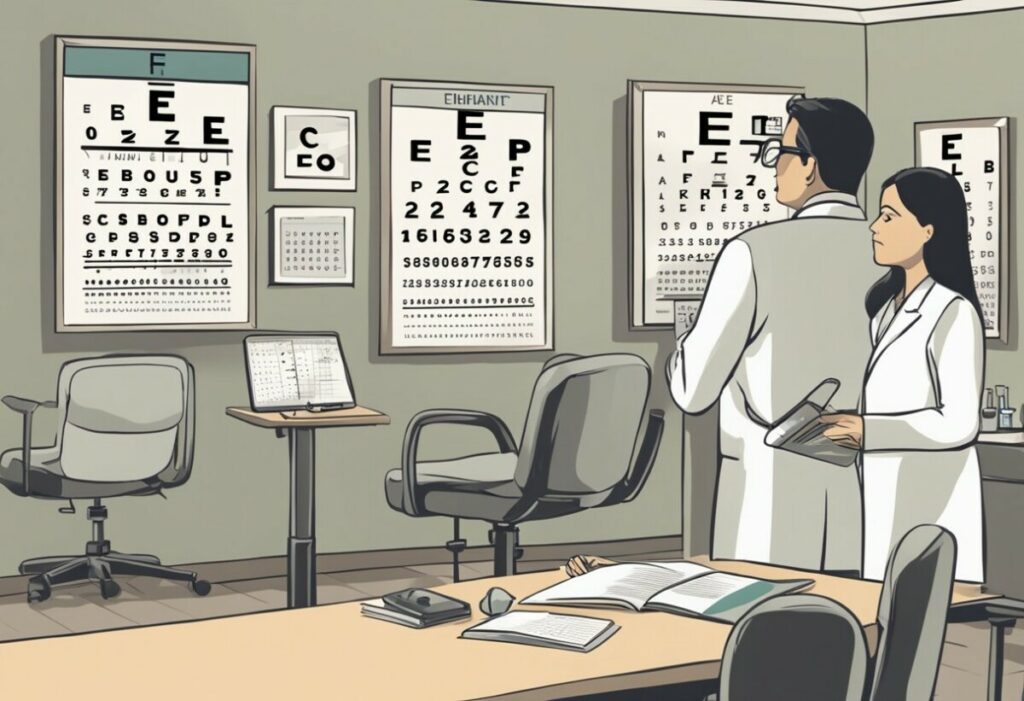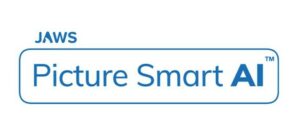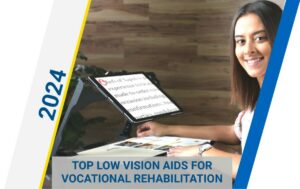Understanding the Importance of Comprehensive Eye Exams: Essential for Eye Health Maintenance

Our vision is a crucial part of daily life, and maintaining eye health should be a priority for everyone. Regular eye exams are an essential step in preserving your sight and detecting any issues early on. During March Eye Care Awareness Month, we emphasize the significance of comprehensive eye exams, which are much more than just a vision check. A thorough eye examination assesses your visual acuity and screens for common eye diseases, which can often be treated effectively when caught in the early stages.
At New England Low Vision and Blindness, we understand how vital clear vision is for enjoying life’s many moments. Our commitment to bringing hope to people with visual impairments is underscored by our dedication to emphasizing the importance of regular comprehensive eye exams. These exams are critical in diagnosing conditions that could lead to vision loss, and with the advanced technology of leading-edge assistive devices, we offer solutions for those affected by such conditions.
We advocate for everyone to recognize the value of comprehensive eye exams not only during March but throughout the year. Ensuring your eyes are checked by a professional can lead to early interventions and the use of appropriate visual aids—actions that can drastically improve one’s quality of life. We at New England Low Vision and Blindness are here to serve as a beacon of information and provider of life-changing technologies for the visually impaired community.
The Necessity of Regular Eye Exams
Regular eye exams are crucial in maintaining not just our eye health, but also our overall well-being. These evaluations are key for the early detection of eye conditions, monitoring vision changes, and as a window into our systemic health.
Early Detection of Eye Conditions
Detecting eye diseases at an early stage is essential to prevent vision loss or blindness. Conditions like glaucoma, cataracts, and macular degeneration can progress without noticeable symptoms until the damage has become significant. Diabetic retinopathy, a serious condition affecting individuals with diabetes, is also best managed when identified early. Our comprehensive eye exams focus on early detection to safeguard our patients’ sight.
Monitoring Vision Changes Over Time
As we age or as our health conditions change, so can our visual acuity. Regular eye exams allow us to track these changes accurately and adjust vision aids if needed. Screening for age-related sight changes, including cataracts or macular degeneration, is a critical service we provide.
Impact of Eye Exams on Overall Health
Comprehensive eye exams can reveal signs of systemic health issues, such as high blood pressure and diabetes, which may first present within the eye. Through these exams, we offer a preventative approach that extends beyond vision care to encompass overall health.
At New England Low Vision and Blindness, we are dedicated to this March Eye Care Awareness Month to emphasize the significance of comprehensive eye exams. We pride ourselves on providing leading-edge solutions to improve and maintain your eye health.
Components of a Comprehensive Eye Exam
Comprehensive eye exams are crucial for maintaining eye health and identifying potential issues early on. As we observe March Eye Care Awareness Month, it’s imperative to understand each component of these exams.
Visual Acuity Tests
Visual acuity tests assess how each eye can see. During these tests, we ask patients to read letters from an eye chart at a fixed distance. This helps in detecting vision issues that might require corrective lenses and evaluating the effectiveness of current prescriptions.
Eye Movement and Alignment
Examining eye movement and alignment is key to ensuring that the eyes work together properly. We conduct tests to evaluate the muscles that control eye movement, ensuring that they are functioning correctly and that the eyes are aligned.
Examination of Eye Anatomy
A thorough examination of eye anatomy includes an inspection of the cornea, lens, and retina using a slit-lamp, a microscope that magnifies the structures of the eye. A dilated eye exam might also be performed to provide a more comprehensive view of the eye’s interior, thus allowing for a detailed assessment of the retina and optic nerve.
Eye Pressure and Glaucoma Testing
Eye pressure and glaucoma testing are performed using tonometry to measure the pressure inside the eyes. This test is vital for glaucoma detection, as high eye pressure is a significant risk factor for the disease. Maintaining optimal eye pressure is crucial for preserving vision.
During Eye Care Awareness Month, we at New England Low Vision and Blindness are particularly focused on the significance of these tests. With our leading-edge technology and expertise, we strive to provide resources that bring hope to those with visual impairments.
Special Considerations Across Different Age Groups
Eye health is critical at every stage of life. Each age group has unique needs when it comes to comprehensive eye exams. It is important to address these needs to maintain optimum vision health and potentially catch and manage eye conditions early.
Pediatric Eye Exams
In children, eye exams are crucial for detecting conditions like nearsightedness (myopia) which can affect learning and development. Myopia control strategies may be discussed if necessary, as part of our commitment to providing leading-edge assistance to our clients. Detecting vision problems early can drastically improve a child’s quality of life and performance in school.
Eye Exams for Adults
For adults, especially those between the ages of 18 and 64, an annual eye exam is advisable to monitor changes and optimize visual function. Adults should be aware of the onset of presbyopia, commonly starting in the mid-40s, which affects near vision. A family history of eye conditions should be reported to your eye doctor as it may heighten your risk for certain diseases.
Senior Eye Health Assessments
As we age, our eyes are more prone to diseases such as age-related macular degeneration. Seniors should have a comprehensive dilated exam regularly. This is crucial for early detection of sight-threatening conditions. We provide tailored resources and assistive technology training to help seniors navigate their changing vision needs.
Understanding and Managing Eye Health
Proper eye health management is crucial for maintaining good vision and detecting potential eye diseases in their early stages. Through our expertise and leading-edge resources, we guide how to ensure your visual well-being.
Identifying and Treating Eye Diseases
Early identification and treatment of eye diseases are paramount in preventing irreversible damage. A comprehensive eye exam goes beyond a basic vision screening to examine all aspects of eye health. During these exams, an eye doctor can detect signs of conditions such as glaucoma, cataracts, and retinal diseases, which may not be noticeable to you until it’s too late. Staying updated with a medical history and receiving appropriate prescriptions for glasses or contact lenses can significantly influence treatment outcomes.
Connection Between Vision and Quality of Life
Visual impairment can deeply affect one’s quality of life, impacting everything from daily functioning to overall happiness. By addressing eye health proactively, individuals can continue to enjoy a high quality of life. Follow-up care, such as acquiring the right low-vision aids, can offer independence and confidence to those experiencing vision loss.
Advancements in Eye Care
The world of eye care is continuously evolving, with new advancements emerging to help manage and treat eye conditions more effectively. Leveraging our experience in assistive technology for the visually impaired, we embrace these advancements providing resources that can transform lives. Regular comprehensive eye exams incorporate the latest technology to spot underlying health issues and refine treatment plans, ensuring patients receive the most updated care.
By recognizing the critical importance of eye health, we contribute to the overall well-being of our community not just during March’s Eye Care Awareness Month, but year-round. Through prevention, early detection, and modern treatment methods, maintaining optimal eye health is within reach.
Preparing for an Eye Exam
Before you arrive for your comprehensive eye exam, it’s vital to be well-prepared. This not only ensures the appointment proceeds smoothly but also aids in achieving the most accurate assessment of your eye health.
What to Expect During the Appointment
During your visit, you can expect a thorough examination of your vision and eye health. An ophthalmologist or optometrist will conduct various tests, which may include measuring visual acuity, checking for signs of glaucoma, and examining the internal and external structures of the eyes. If you’re visiting us at New England Low Vision and Blindness, rest assured you’ll have access to leading-edge technology and expertise throughout your exam.
- Medical History: Be ready to discuss your general health and any medications you’re taking.
- Previous Eye Conditions: Inform about past eye conditions, surgeries, or procedures.
- Family History of Eye Disease: Share if there’s any history of eye diseases in your family, as some conditions can be hereditary.
Questions to Ask Your Eye Doctor
To fully benefit from your eye exam, it’s important to ask insightful questions. Here are key inquiries to consider:
- Diagnosis: “Can you explain the test results and my current eye health?”
- Treatment Options: “What treatments or corrective measures do you recommend?”
- Eye Exam Preparation: “How often should I schedule comprehensive eye exams for proactive eye health?”
- Family History: “Given my family history, what preventative steps can I take?”
Remember, a comprehensive eye exam is a vital part of maintaining your vision and overall eye health, especially when you trust our dedicated team during March Eye Care Awareness Month.
Eye Conditions and Common Symptoms
In recognition of Eye Care Awareness Month, we understand the critical role comprehensive eye exams play in maintaining ocular health. Identifying common symptoms early on can lead to successful management of various eye conditions, ensuring that vision is preserved and protected.
Recognizing Signs of Visual Impairment
Visual acuity tests are crucial for determining the sharpness of vision. If you notice a decline in your ability to see details at a distance or close-up, it’s an indicator that your visual acuity may be compromised. Other symptoms such as difficulty with color vision or changes in depth perception should not be overlooked, as they might signal underlying conditions. The appearance of floaters or flashes in your visual field is also a common symptom. Unexplained alterations in peripheral vision could suggest glaucoma or other eye health issues.
When to Seek Immediate Care
It is imperative to seek immediate care when experiencing symptoms like eye pain, which could be indicative of infection or injury. An eye pressure test, part of the regular examination, helps detect glaucoma early, possibly preventing irreversible damage. Any sudden onset of symptoms, such as a significant increase in floaters, a curtain-like shadow over your visual field, or intense flashes of light, warrant urgent medical attention. Our commitment at New England Low Vision and Blindness is to provide leading-edge resources and professional guidance, ensuring individuals receive the care they need at critical times.

